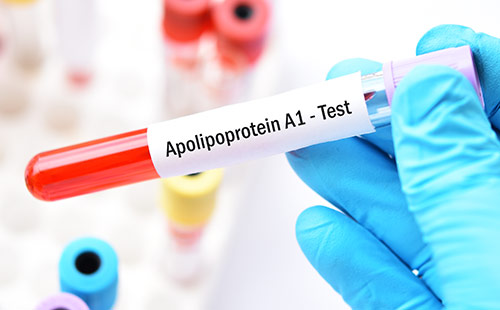Research Question
Despite suppressing HIV to undetectable levels using antiretroviral therapy (ART), people with HIV (PWH) remain in a state of heightened inflammation. In part, this appears to be a result of the transfer of bacterial products across the lining of the gut. This process is known to contribute to several long-term health issues linked to chronic HIV, including heart disease. Researchers are currently trying to identify ways to address this problem.

Findings
Small proteins—peptides—based on a normal blood protein known as apoA-1 are known to bind and inactivate certain lipids and bacteria-associated toxins linked to heightened inflammation. One of these, 4F, has been safety-tested in humans and another, 6F, has been studied in mouse models of cancer and bowel inflammation.
In this study, mice engineered with a human immune system were infected with HIV and then treated with a common three-drug ART regimen. Some of these mice were then fed an extract of tomatoes genetically engineered to produce 6F, while control mice were fed tomato extract lacking that gene. The 6F-expressing extract markedly reduced levels of inflammatory products in both the gut and blood of treated mice.
Intestinal biopsies of PWH treated with a variety of antiretroviral drugs were then placed in test tubes with 4F or 6F peptides, and a similar suppression of inflammation was seen. The researchers also identified what appears to be the central target for 4F and 6F, ADAM17, a “pivotal orchestrator” of inflammation in chronically treated HIV.
Impact
The authors conclude that these apoA-1 peptides “provide a novel therapeutic strategy” to target key inflammatory products linked to HIV infection and ART.
amfAR's Role
amfAR was a funder of this research.
Original Article
http://www.ncbi.nlm.nih.gov/pubmed/34995311
Dr. Laurence is amfAR’s senior
scientific consultant.